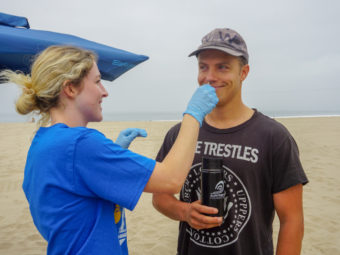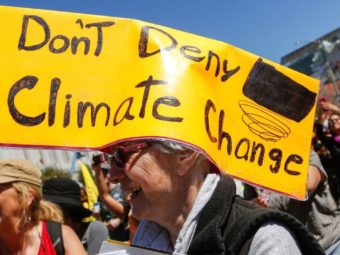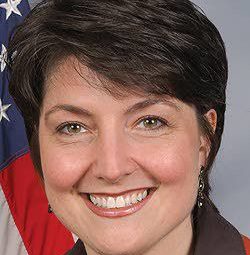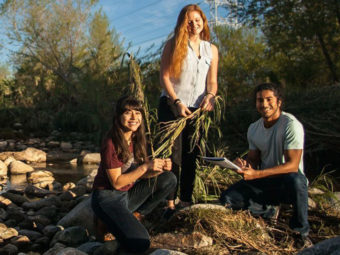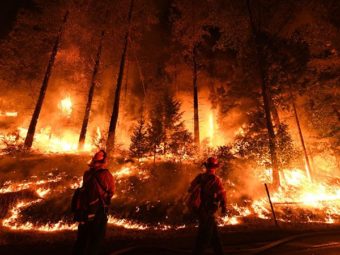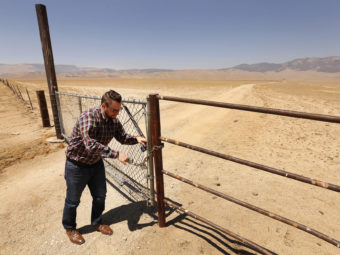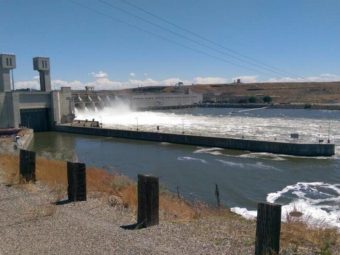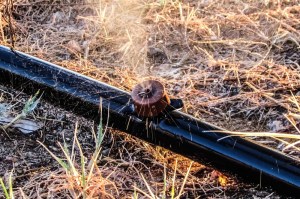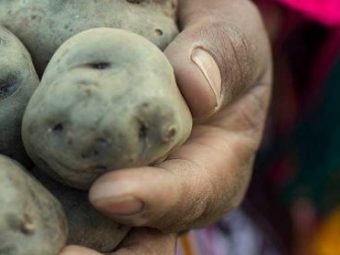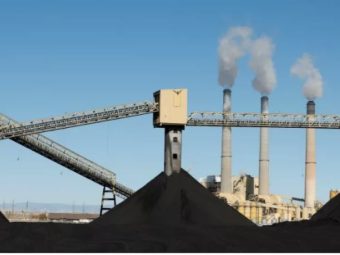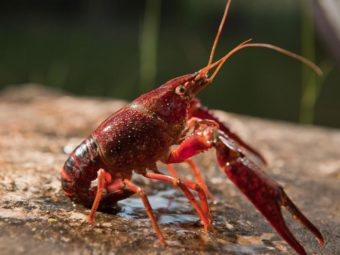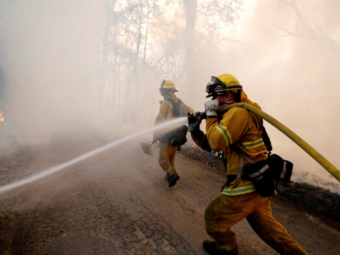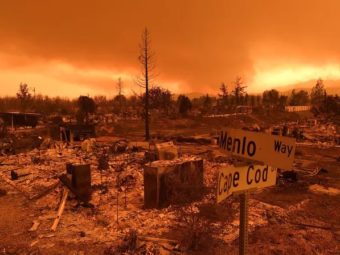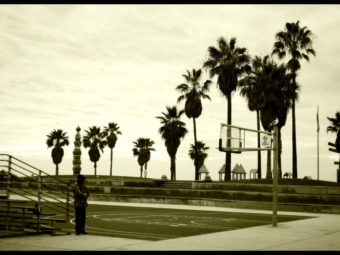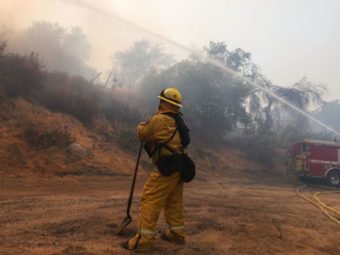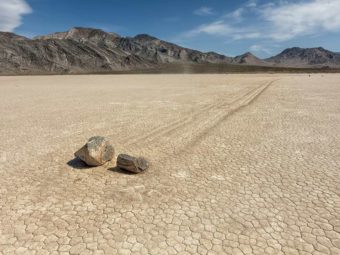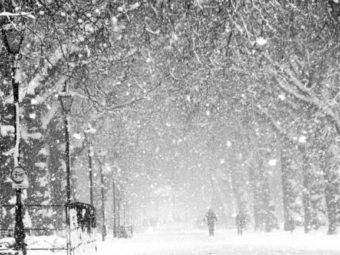IoES in the News
Headline
LA Surfers Are Covered In Germs And Scientists Are Stoked To Study Them
UCLA scientists are studying two strains of antibiotic-resistant bacteria at 17 beaches along the California coast. However, "you can't do an experiment where you purposely put [regular] people into an environment with antibiotic-resistant bacteria," said Dr. Jennifer Jay, a professor of civil and environmental engineering and the project's lead researcher. This makes surfers the perfect subjects to test for the bacteria strains. The experiment will be testing 40 surfers and 40 non-surfers to examine the movement and impact on germs.
Headline
How far can California push the nation — and the world? Jerry Brown’s climate summit may provide the answer
The world gathered in San Francisco, CA to make its own path and take action against climate change. People doubt what a single state can do, however, “California is big enough and splashy enough, and Jerry Brown is famous enough, that people are paying attention to what California is doing about it,” said Ann Carlson, UCLA environmental law professor.
Headline
PREVIOUS Weekend Roundup The forecast calls for temperatures reaching the low 70s in the Lewiston-Clarkst… NEXT UP On This Date Stories published in the Lewiston Tribune on … Republicans tout benefits of Snake dams at hearing
A complex species and river management issue has “been reduced to a simple symbolic battle — a battle involving a choice between evil dams and the certain loss of an iconic species,” wrote Peter Kareiva, Director of UCLA's Institute of the Environment and Sustainability.
Headline
Lawmakers: Don’t blame Snake dams for grieving mother orca
There has been commotion over the four lower Snake River dams, especially with the image of an endangered killer whale pushing her dead calf along the Washington coast. Opposition comes together to fight the dams. “There is no doubt that dams have caused salmon declines, but the operators of the dams have spent billions of dollars to improve the safety of their dams for salmon, and it is not certain the dams now cause higher mortality than would arise in a free-flowing river,” said Peter Kareiva, director of UCLA Institute of the Environment and Sustainability.
Blog
Level up for the environment with a graduate degree from UCLA Institute of the Environment and Sustainability
The effects of climate change are ramping up. Jobs are booming in green business. And the world’s cities keep growing, while human needs place an increasing strain on natural systems.…
Headline
Enormous wildfires spark scramble to improve fire models
With countries across the globe in flames, scientists realize their knowledge on fires is becoming outdated and new studies are necessary. One study conducted by University of California campuses focuses on the future of fires, ecosystems, and climate in California. This should allow scientists to analyse how more extreme and variable weather will affect wildfires and how ecosystems will respond to them, says Alex Hall, a climate scientist at UCLA and the project’s principle investigator.
Blog
Developing Observational Large Ensembles for climate variability
In two recent papers published in the Journal of Climate, McKinnon and coauthors propose a complementary approach to create ensembles for seasonal-average temperature and precipitation over land that can also be used to study internal variability.
Newsletter
Building a vast new city on L.A.’s northern edges: A solution for region’s housing crunch?
Tejon Centennial is looking to develop a new large community in Tejon Ranch, where Los Angeles and Kern meets. They believe it will help with the housing shortage in the city. However, there are still some doubts even after coming to an agreement with environmental opposition. "The consequences of that kind of exurban land development are becoming more and more apparent," said UCLA's Stephanie Pincetl. “We are not using our urban fabric very well, and instead we jump out to the suburbs or beyond the suburbs.”
Headline
Snake River dams critical to irrigated ag industry
Though the Snake River dams are the most efficient and productive agricultural operations, there are disputes with the dams hurting the salmon. Peter Kareiva, a well-respected conservation ecologist and worked with NOAA fisheries views salmon recovery and dam removal as entirely different things. The opposition's objective is dam removal, not fish recovery.
Headline
Study: Efficient Irrigation Methods Increase Water Usage
It is thought that the efficient irrigation is actually using more water. Stephanie Pincetl said that it cannot all be blamed on efficient irrigation. California’s flood control policies contributed to decreased groundwater levels because they “essentially eliminate” winter flooding that used to recharge ground water. “There are confounding factors, and efficient farming is one piece of the problem.”
Headline
The Global Potato: Food Futures of the Past
Published as part of an environmental storytelling partnership with UCLA's Laboratory for Environmental Narrative Strategies (LENS), with extensive contributions from faculty and MFA students in UCLA’s documentary film program in the School of Theater, Film and Television. The third storyline explores current innovations and visions for ecological, equitable food systems, specifically on the global potato timeline.
Headline
While the planet burns, our politicians fiddle
“We are living in a world that is not just warmer than it used to be,” Daniel Swain, a climate scientist at UCLA, told The New York Times. “We haven’t reached a new normal. This isn’t a plateau.” Climate change is contributing to burning areas all around the world and hurting the local people. Though globally, this year has been the worst heat wave and fire season, we are seeing backward action from politicians, only increasing their support for high carbon emitting industries.
Headline
The Trump Administration Just Dropped Its Pro-Coal Alternative to Obama’s Clean Power Plan
The Trump administration released new proposal – Affordable Clean Energy rule. It is a lifeline for coal and does not include pollution goals. The EPA stated that the rule would increase pollution and put public health at risk, especially low income communities. UCLA law professor Cara Horowitz notes any arguments the administration makes in court defending the rule “will be made against the backdrop of EPA’s own determination that carbon dioxide pollution is a danger to public health.”
Headline
World-Renowned Scientists: California Must Operate on 100 Percent Clean Electricity
With the multiple extreme weather events, 37 world-renowned scientists including UCLA's Alex Hall came together and signed a letter urging the state legislators to sign Bill 100 - 100 Percent Clean Energy Act of 2018, setting the goal that all of California’s electricity come from carbon-free resources by 2045.
Headline
Surprising Link Discovered Between Bottom Feeders and Blood Suckers
UCLA research scientist and lead author on the new study, Gary Bucciarelli, found that the invasive crayfish in the Santa Monica Mountains streams is linked to growing mosquito population. They disrupt the ecosystem, scare off mosquito larvae predator, dragonflies, and put people at higher risk of disease.
Headline
NOAA: Rest of West’s fire season likely to remain hotter than normal
The West US has been experiencing unusually large wildfires, reaching the largest in California history with the Mendocino fire, outside of the fire season. The hot temperatures and wildfires are expected to continue through the fire season of September and October. Three leading climate and fire scientists, including UCLA's Daniel Swain, state climate change as a threat multiplier, extending the fire season and contributing to the large record breaking fires.
Headline
Lessons sought on warnings, evacuations from savage Redding fire
LA Times' Joseph Serna goes into detailed what happened with the Carr Fire from fire movement and growth to evacuations and casualties. The city was devastated by the unpredictability and strength of the fire. Now, California needs to update their knowledge on fire behavior and how to efficiently warn and evacuate people for when a big natural disaster repeats.
Headline
L.A. Used to Have Discernible Seasons—I Swear
“I remember when you could wear a coat here,” we’ll say to children who know nothing beyond T-shirts and shorts. “I remember when we had seasons, before all of this was summer.” – @LAmag's @lizohanesian
Headline
The summer’s weather provides evidence of climate change
The National Oceanic and Atmospheric Administration reports that 3,092 record daily high temperatures, 159 monthly heat records and 55 all-time highs were set during July worldwide. “We’re now seeing decades-old scientific predictions being validated in the real world, right before our eyes,” says Daniel Swain, UCLA climate researcher.
Headline
Heredity Podcast: August 2018
Listen to Nature Heredity August 2018 podcast, featuring UCLA's Brad Shaffer and Dr. Evan McCartney-Melstad. They spoke on their application of genomic methods to studying and potential conservation of a Californian frog – a candidate for listing of federal and state endangered species act.
Headline
California firefighter was trapped, killed by 1,000-foot-wide fire tornado
“Depending on the final number, this might actually be the strongest ‘tornado’ in California history, even if it wasn’t formally a tornado,” said UCLA climate scientist Daniel Swain. The Carr Fire fire tornado reached over 165 mph and trapped and took a firefighter's life.
Headline
81-degree reading likely sets record for highest temperature ever measured in California waters
Two buoys off the coast of San Diego recorded the highest sea-surface temperature ever measured in California waters – 81.3 degrees. Many scientists are astonished by the measurements, including UCLA's Daniel Swain.
Headline
In California’s Lake County, fire is a tired new normal
Lake County in California is prone to lighting up in flames. The county has experienced a few wildfires in the last decade and the largest wildfire this year. “It’s sort of this middle elevation, where you’re above the marine layer, but you’re not high enough in the mountains to really cool down either,” UCLA climate scientist Daniel Swain said. Residents are seeing the trend and moving away before the next one hits.
Headline
How Do We Measure Future Snow Cover?
There are multiple ways to measure snow cover, including field monitoring, remote sensing, and hydrological modeling. UCLA's Chunyu Dong explains that the best way to measure is to combine all methods. Each method that their own hole in data, and together make a more complete and accurate picture.
Headline
Lowering Fuel Economy Standards Not As Easy As Trump Thought
Cara Horowitz, co-director of the Emmett Institute on Climate Change and the Environment at the UCLA School of Law, explained that the Trump administration "is going to have to justify to a court why it's changing its position because the rule was put in place after a robust administrative process and record. It's often harder to justify a changing of a position than the taking of a position because you have to overcome the presumption that the rule was right in the first place."

